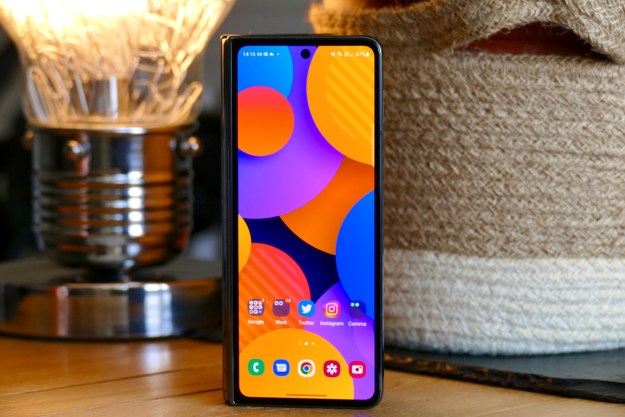
This move is in keeping with Chinese President Xi Jinping’s “cyber sovereignty” campaign, a 14-month effort to clamp down on loopholes around China’s internet restrictions. Earlier this year, China’s Ministry of Industry and Information Technology pledged to step up enforcement against unauthorized VPNs, and forced at least one popular company, GreenVPN, to halt service in mainland China.
Even before the crackdown, VPNs were subject to increased government scrutiny. In March 2016, law enforcement targeted private networks during a session of the National People’s Congress in Beijing, reports SCMP. But Chinese officials characterized the new rules and regulations as a “clean-up” of the country’s internet connections.
They’re purposefully vague, according to Bloomberg, which gives the government wide berth in interpreting the rules. And they appear to target companies who provide VPN services to individual citizens, rather than international corporations operating within the country. VPNs are crucial to companies trying to access global services outside of China, and efforts to cut off internal networks could be enough to make them consider closing or reducing operations in China.
Already, multinationals face a challenging climate in an increasingly isolationist China. The country blocks 135 out of 1,000 of the world’s top websites, including Google, Facebook, Twitter, and YouTube, according to GreatFire.org, which monitors online censorship on the mainland. And China’s new Cybersecurity Law, which went into effect earlier this year, requires companies to store data in mainland China, undergo security review processes for key hardware and software, and assist authorities conducting security investigations.
The protectionist policies have proven unpopular with businesses, which see them as a threat to international trade. More than 50 associations and chambers of commerce signed a letter in May to the government seeking a delay, arguing the Cybersecurity Law could impact billions of dollars in cross-border trade and lock out foreign companies because of limits on how they operate in the country.
“These measures will add costly burdens, restrict competition, and may decrease the security of products and jeopardize the privacy of Chinese citizens,” according to the letter from bodies representing businesses based in the U.S., Europe, Japan, Korea, Australia, and elsewhere.
The Ministry argues that an increasingly unregulated Chinese internet poses a security risk. “China’s internet connection service market […] has signs of disordered development that require urgent regulation and governance,” an official said. “[The rules] strengthen cyberspace information security management.”


